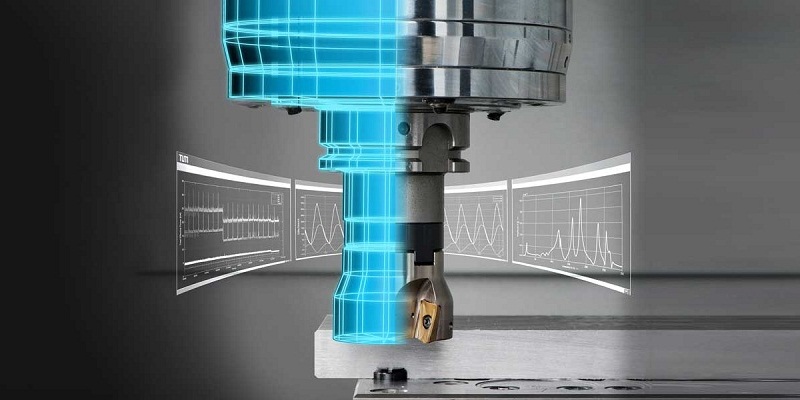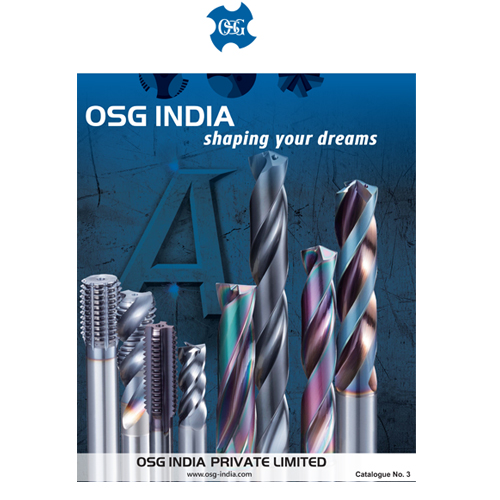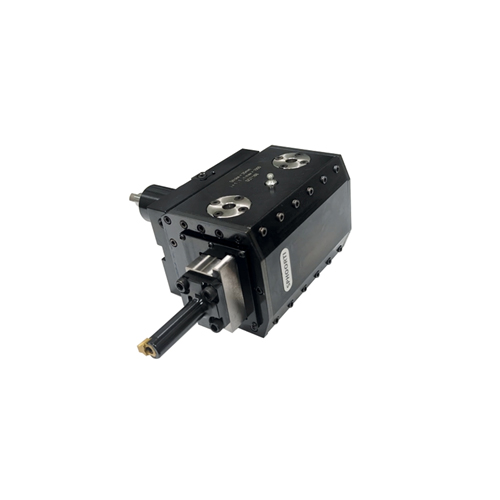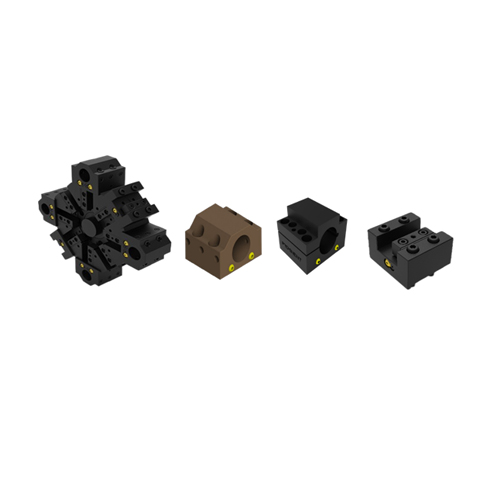Schedule a Call Back
How does AI help you master precision CNC machining?
 Articles
Articles- Jun 28,23

Related Stories

Avro India Launches Large-scale Flexible Plastic Recycling Facility in Ghaziabad
Avro India Limited has commissioned a greenfield recycling facility in Ghaziabad to process difficult-to-recycle flexible plastics, strengthening India’s circular economy and EPR compliance ecosys..
Read more
Garuda Aerospace Inaugurates Drone Battery Facility with DGCA Chief
Garuda Aerospace has inaugurated a drone battery manufacturing facility and a new academic block in Chennai, reinforcing its commitment to building a self-reliant and indigenous drone ecosystem in I..
Read more
Technip Energies Wins Two Major BPCL Contracts
Technip Energies has secured two large contracts from BPCL for polypropylene, Butene-1 and PRFCC projects at the Bina and Mumbai refineries, strengthening India’s refining and petrochemical capaci..
Read moreRelated Products

Precision Cutting Tools1
S S Trading Corporation offers a wide range of precision
cutting tools.

Slotting Head Unit for All Cnc Turn Mill Centers
Sphoorti Machine Tools Pvt Ltd offers a wide range of
slotting head unit for all CNC turn mill centers.

Slotted Tool Disc and Tool Holders
Prominent Machine Tools offers a wide range of slotted tool disc and tool holders.












